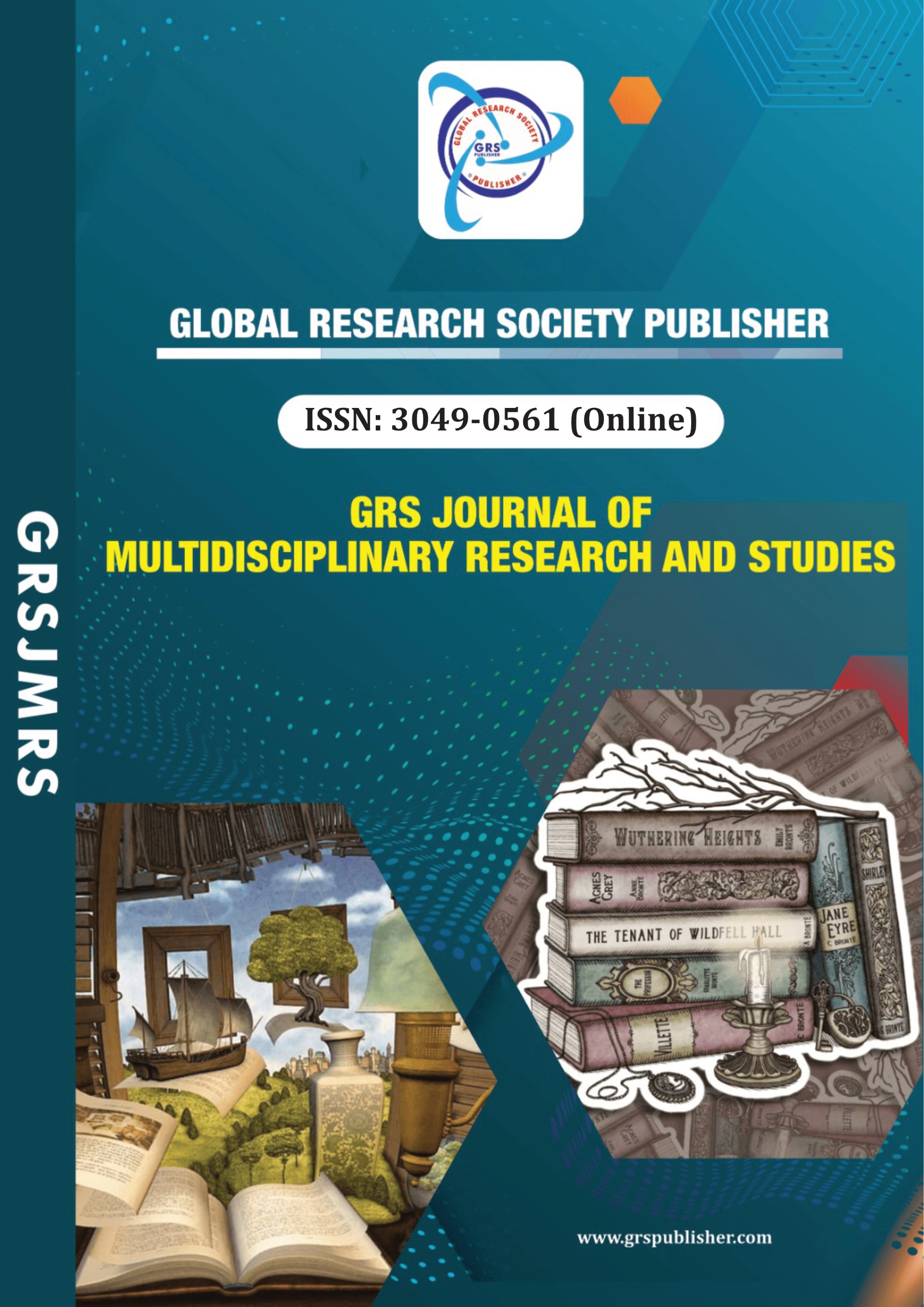Towards Solving NP-Complete and other Hard Problems Efficiently in Practice
Sr No:
3
Page No:
14-37
Language:
English
Authors:
Mircea-Adrian Digulescu
Published Date:
2025-03-14
Abstract:
Until now, Computer Scientists have concerned themselves with identifying efficient algorithms for solving the general case of some problem – that is finding one which performs well when the size of the input tends to infinity. However, this is the precise opposite of what is actually needed in practice. Effectively solving some real-world problem entails identifying an algorithm which works well for all (or some) inputs up to some fixed upper bound dictated by the concrete practical application. Such an algorithm may be distinct from the one which solves the general case. Furthermore, a general case algorithm may not exist at all or finding it might prove painstakingly hard for the human mind. Fortunately, in practice all that is needed is one which works on the finite cases involved in the real world situations, not one which can, unaltered, solve any input correctly.
In this paper, we first introduce a theoretical framework for reasoning about finite algorithmics. It allows familiar concepts such as asymptotic complexity to be adapted to the case where the input size is bounded from above. We also present some elementary results within this theory. Secondly, we present a generic approach for automatically discovering an adequate algorithm for the finite case of some hard problem – if one exists. Thirdly, we argue why we expect the finite case of hard problems to be easier than the general case. Fourthly, we present some relevant ideas specific to three hard problems, namely 3CNF-SAT, String Compression and Integer Factorization. Fifthly, we discuss the significance of the theory and methods introduced in this paper – noting among other things that they can be used to automatically determine that either (i) P = NP, (ii) P <> NP or (iii) we don’t really care about the distinction for practical purposes. Finally, we present four directions for immediate further research and formulate an open question which, when answered will, for all practical purposes, decide P=NP.
Enhancing the way Computer Scientists reason about hard problems is ultimately the single most important contribution we claim for this paper.
Keywords:
P equals NP, Finite Algorithmics, Theoretical Computer Science, Complexity Theory
Journal: GRS Journal of Multidisciplinary Research and Studies
ISSN(Online): 3049-0561
Publisher: GRS Publisher
Frequency:
Monthly
Language:
English

